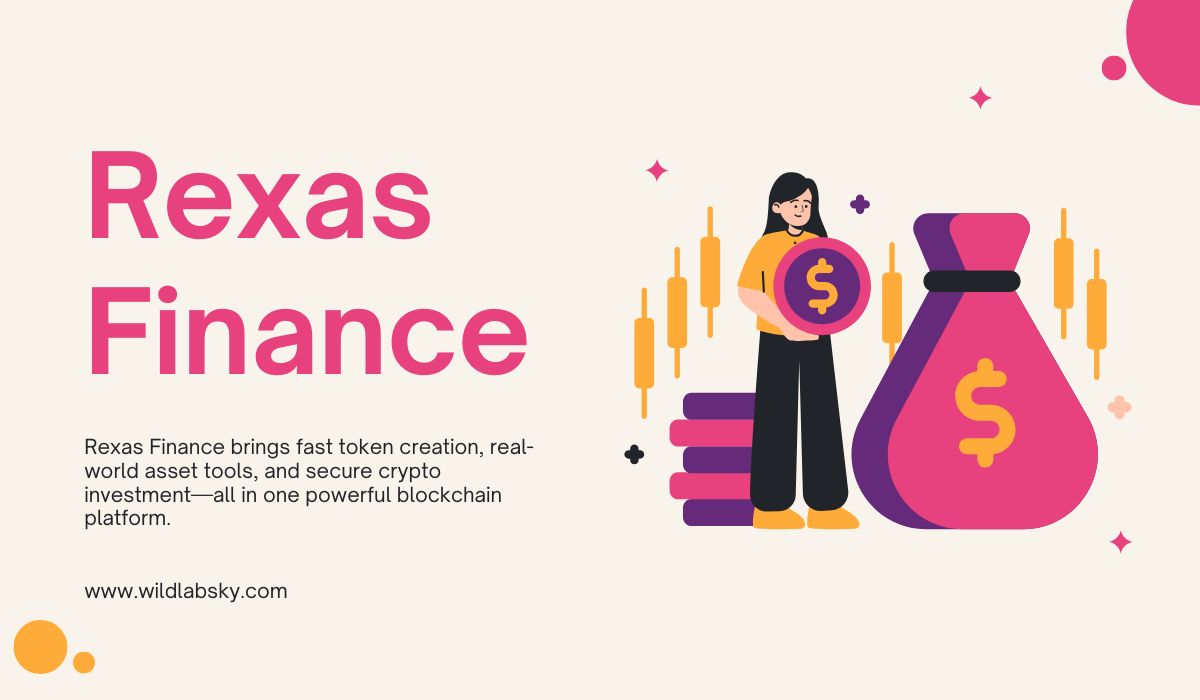Funding is one of the biggest challenges when it comes to running a small or medium enterprise or a startup.
Conventional loans from banks often require collateral, an extensive credit history, and strong financial records, all of which many new businesses do not have in their initial stages of growth. This is where unsecured company loans come into the picture.
Unlike secured loans, an unsecured company loan allows the business borrower not to pledge or put up any assets as security. But who qualifies for these loans, and what do these loans entail? So, in this article, we shall demystify the reasons why unsecured company loans are chosen by SMEs and startups; what you need to qualify; and how you improve your chance of acceptance.
What Are Unsecured Company Loans?
An unsecured company loan is a form of business funding where no collateral such as property or equipment is pledged. The lender, instead, may look at credit scores, income based upon cash flow, and general revenues of that business, or may insist on a personal guarantee of some kind. Because they do not accept collateral for the loan and take more risk, unsecured loan company lenders usually charge steep interest rates compared to secured loans.
Yet, this is a compromise many businesses willingly make so that they may expediently gain cash with no jeopardy to their assets. These funds could be utilized for practically anything ranging from working capital, payroll, and inventory purchase, to expansion of the business.
Why Are Unsecured Company Loans Prevalent with the SMEs and Startups?
Startups and SMEs often don’t have the luxury of waiting weeks for traditional loans. They also may not have large assets to put up as security. Recovery of debt with maximum speed through an unsecured loan remains a handy option for any financier to entertain, unlike with secured loans which take more time.
- Speed: In some cases, with easy approvals, funding disbursal can be within 24 to 72 hours.
- Flexibility: The money may be used for anything associated with the business cost.
- No Security: All businesses are eligible to apply, even if they do not give collateral.
Owing to this flexibility, a fast-growing startup or small company may find something to set it over some bridge period with an unsecured company loan.
Who Can Get an Unsecured Company Loan?
Eligibility requirements differ from lender to lender, but most consider these general factors.
1. Credit Score
This is probably one of the major qualifications for your personal and business credit score. Lenders generally want to know that you have a history of paying off debts on time. While a higher score may increase your chances, some lenders work with those who are slow to fair credit.
2. Time in Business
In contrast to unsecured loan company providers who may work with startups, the majority require that your business has been operating for at least six months to a year. However, some fintech lenders and online platforms may approve even newer businesses if revenue or cash flow prospects are strong.
3. Business Revenue
Payments from borrowers will require proof of consistent income. A minority creates an actual minimum level, but most set it somewhere around $50,000-$100,000 of annual revenue. If your business is making a strong and steady income, even if it is a relatively new setup, you are very likely to get approved for the loan.
4. Personal Guarantee
Even for unsecured company loans, lenders might still ask for a personal guarantee, which in turn means an individual is responsible for paying back the loan if the company can’t do so. This reduces lender risk and increases the likelihood of approval.
5. Business Plan or Purpose of Loan
Some lenders want to ascertain exactly how you intend to use the money. A well-articulated business plan and an adequate cause will only strengthen your application and demonstrate you have considered your financial needs.
Find the Best Unsecured Business Loans Of 2025
Are Unsecured Company Loans Right for You?
Unsecured company loans can be a lifeline for SMEs and startups that need fast and accessible financing. Should a business have good revenue-generating potential and needs now to be confident in repaying the loan, this option of financing defaults only helps with working capital requirements, expanding business operations, or resource purchases.
In other cases, they become unsuitable. It is wise to consider other options if you find yourself in a highly risky industry with an unstable income or are unwilling to give personal guarantees or be able to improve your credit profile before applying.
Concluding Thoughts
For much-needed funding, unsecured company loans serve as one of the few options available to small businesses and startups, as they do not require collateral. In any case, knowing the criteria for qualification and preparing a strong application will pretty much go a long way, regardless of whether you go with a traditional bank, an online unsecured loans company, or a new fintech platform.
Today, competition among lenders has opened the door wide for unsecured financing more than ever before since 2025. Just ensure that you do your study, know your numbers, and pick what works best for your growth and repayment capacity.



